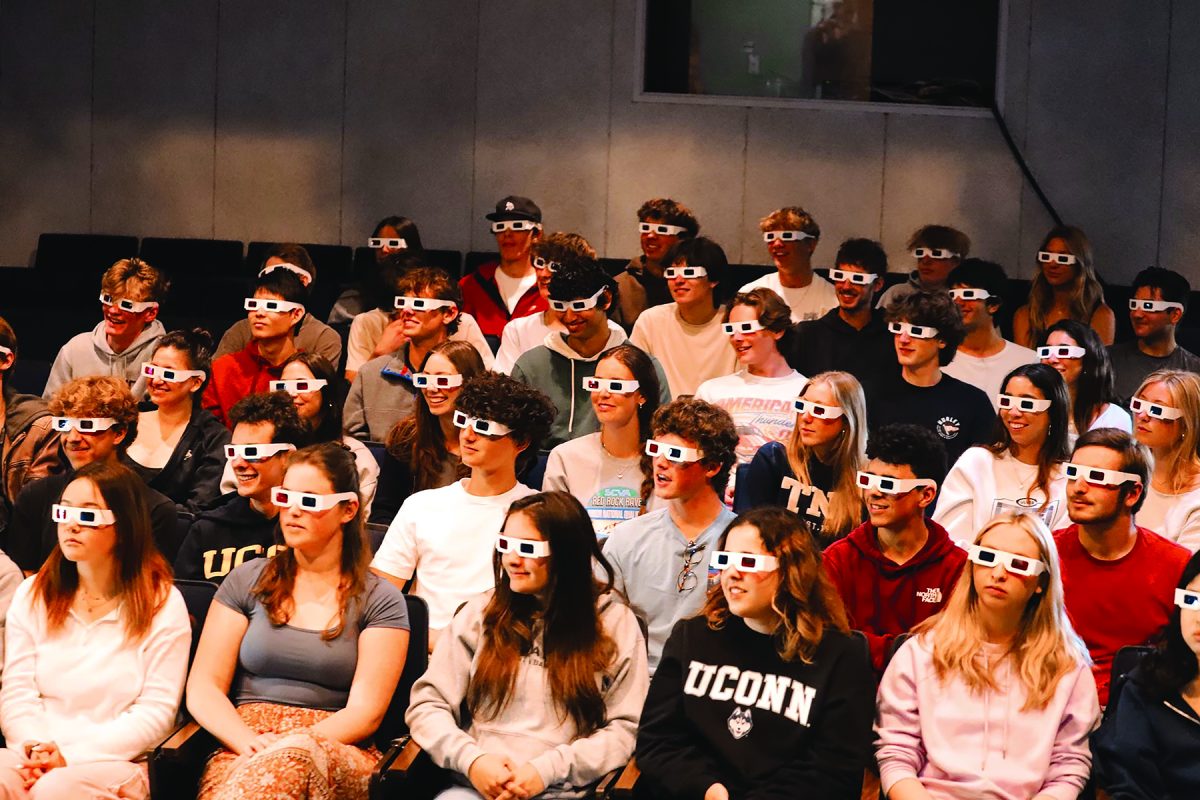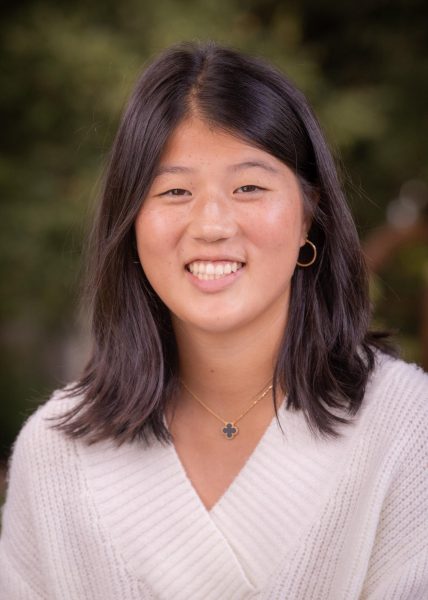In a recent study conducted by Georgia, the Innocence Project reported that between four to six percent of people incarcerated in U.S. prisons are actually innocent.
Established in 1992 by trailblazing attorneys Peter Neufeld and Barry Scheck, the Innocence Project has been the catalyst for criminal justice reform as they seek freedom for the wrongly convicted. Their mission is to help create a more equitable justice system for all.
With the help of DNA testing and other technological advancements, the Innocence Project has taken the lead in freeing more than 200 wrongfully incarcerated people.
Recognized as a national litigation and public policy organization since its inception, the Innocence Project not only focuses on exonerating hundreds of innocent people in prison, but it also hopes to work on passing state laws that would further advance the movement.
Since the rise of DNA testing in the 1980s, those who have been wrongfully convicted were represented with stronger proof of innocence.
Wrongful conviction is supported by the possibilities of false confessions, official misconduct, faulty forensic science, and eyewitness misidentification.
The Innocence Project reported that their clients have collectively spent more than 3,700 years behind bars, with a majority of them belonging to communities of color. People of color have been statically shown to be more policed, face higher poverty rates, and experience discrimination.
The presumption of innocence until proven guilty allows alleged criminals to prove their innocence. By laying the burden of proof on the prosecution, it allows those charged a chance to avoid unfair judgment. According to U.S. law, one should be presumed innocent unless proven otherwise.
By working with several lawmakers from around the nation, the Innocence Project has prioritized transforming the flawed criminal legal system in attempts to reduce the number of wrongful convictions, especially when predominantly harming people of color. With over 50% of exonerates identifying as Black, the Innocence Project dives deeper into the implicit bias people of color face when charged by the federal court system.
“The Chinese Exclusion Act, black codes, vagrancy laws, anti-miscegenation laws, segregation, racial profiling, “sexual perversion” laws, the war on drugs, and countless other legal forms of discrimination unequivocally showcase class, race, gender, and sexual orientation have played, and continue to play, a consequential role in our criminal justice system,” Kevin Guay, instructor of AP U.S. History and Comparative Government said.
Joining hands with policymakers and other organizations, the Innocence Project aims to examine and enforce both federal and state-based legislation.
The hope is that it will help uncover and shed light on wrongful convictions while preventing future errors from unfolding.
Actions include increasing accessibility to “post-conviction courts, strengthening police and prosecutorial accountability to prevent wrongful conviction, compensating wrongly convicted people, and a range of other reforms,” according to the Innocence Project.com.
In spearheading legislative change, the Innocence Project has since helped enact over 200 state laws and federal reforms that further protect the rights of exonerees.
Not only does the organization seek to transform the justice system, but a huge emphasis has been placed on improving the use of forensics and scientific evidence in the criminal legal systems.
The Innocence Project encourages those in the system, such as judges, prosecutors, and forensic experts, to reconsider and thoroughly examine the evidence for scientific accuracy, as faulty investigative technologies and surveillance can violate civil rights.
The Innocence Project devotes its organization and resources to freeing its clients, but it also assists those who have been wrongfully convicted in rebuilding their lives and getting them back on their feet.
The Innocence Project partnered with social work departments in order to improve their post-release life with the help of the Exoneree Fund, which “provides trauma-informed re-entry support.”
Working hand in hand with the exonerated, the Fund provides accessible and safe housing, healthcare, and job opportunities while ensuring that compensation is lawfully provided for the wrongfully convicted.
Under the umbrella of the Innocence Network, smaller independently funded innocence organizations came together through investigative support and legal representation in all 50 states, including 12 countries outside of the U.S., to help people claim their innocence.
However, in 2023, the U.S. Supreme Court ruled that some innocent federal prisoners have no choice but to serve the remainder of their sentence without the opportunity to challenge their unlawful conviction.
Vox.com reported that “One of the most fundamental principles of criminal law is that no one may be convicted of a crime unless the legislature previously passed a law making their actions illegal.”
In the case of Jones v. Hendrix, the Supreme Court ruled 6-3, for “ a man serving a criminal sentence for a crime of which he was actually innocent had no opportunity to petition the courts to be released because his previous requests for relief had been denied (before the Supreme Court made clear that his conduct was not criminal)” according to the American Civil Liberties Union.
Although there was not a direct attack against this principle, it restricts the incarcerated from having their convictions overturned, even if innocent.
In Clarence Thomas’ ruling, the Texas Defender Service expressed its growing frustrations after several compelling claims of innocence from their clients were shut down, even despite observing criminal-legal system flaws such as faulty eyewitness testimonies and DNA evidence.
With over two million people in American prisons, there are tens of thousands of innocent people who have been incarcerated.
While the Fifth Amendment partially prevents wrong conviction, the legal principle, “innocence, until proven guilty”, allows alleged criminals to prove their innocence.
By laying the burden of proof on the prosecution, it allows those charged a chance to avoid unfair judgment.
While people with rightful claims of innocence should receive the opportunity to present their evidence in court, this ruling has made it significantly more challenging for them to achieve justice.
Although the innocent will never receive support in the federal courts.
In January, the Los Angeles Innocent Project received the opportunity to represent Scott Peterson, a man convicted of killing his pregnant wife in 2004.
Her body was found in San Francisco Bay in 2003. Scott Peterson was arrested and charged with first-degree murder in the death of his wife and second-degree murder in the death of their unborn son.
Convicted in 2004, Peterson was sentenced to life in prison without parole.
Together, Scott Peterson and the Los Angeles Innocence Project have requested new court filings as new evidence has been gathered from the original trial in 2004.
The attorneys from the LA Innocence Project have since stated that Peterson’s federal and state constitutional rights have been infringed upon, as they believe there has been a “claim of actual innocence that is supported by newly discovered evidence,” according to the court filings.
Since then, the director of the LA Innocence Project, Paula Mitchell, observed deficiencies in Peterson’s case regarding informal productions of numerous specific items of post-conviction discovery and faulty witness testimonies.
Although Peterson pleaded not guilty and maintained his innocence, he believes his trial was unfair, with a chance of jury misconduct.
The California Supreme Court in 2020 then ruled to overturn Peterson’s death sentence.
In 2022, he was resentenced to life in prison but moved off of death row.
Years later, Peterson’s attorney, in a statement to ABC News, reported his excitement about working with seasoned attorneys at the LA Innocence Project to prove Scott’s innocence.
“I am an avid believer in innocence until proven guilty (in most cases); however, I do feel that the burden of proof is a huge responsibility that I feel can be taken too far” junior Eleanor Crafton, a member of Mock Trial, said.
“Cases such as sexual assault and grooming are a bit different for me, even if that does sound hypocritical. Because of the psychological nature of things like grooming and sexual assault, false allegations are extremely rare.”
The California Supreme Court overturned Peterson’s death sentence in 2020, though they declined to overturn his conviction. He was resentenced to life in prison and taken off death row.










